Artificial intelligence’s practical applications have, to date, largely been in data, where it has proven its value in analysing large datasets to uncover and highlight patterns. However, its domain continues to grow, and increasingly we are seeing its potential in the creative, as well as the analytical, domains.
Generative AI, trained on text, images, audio and video, can now create with models like DALL-E allowing anyone to generate photorealistic images with a natural language prompt. Although these are still far from perfect — the tendency to create six-fingered humans has recently been well highlighted in social media — the models are rapidly improving.
It might not be long before generative AI can write, draw, and perhaps fake, better than humans. This creates both opportunities and challenges for anything that involves content creation, such as graphic and product design, but also in areas like advertising and marketing, gaming, even writing computer code.
And there are plenty of European startups working to bring the power of AI to different sectors. We’ve rounded up ten European startups that, we think, are worth watching if you want to know what’s happening next with generative AI.
Stability.ai

Image credits: Stability.ai
Founder/s: Mohammad Emad Mostaque
Founded year: 2019
Total funding: $101M
London-based Stability.ai is, perhaps, the leader of Europe’s AI startups. It achieved unicorn status with a $1 billion valuation in 2022 with its $101 million Series A round.
Stability.ai, unlike most other startups, focuses on research and produces open-source models. Generating revenue from its consulting and services, its research activity makes it one to watch as an AI pioneer.
Endel
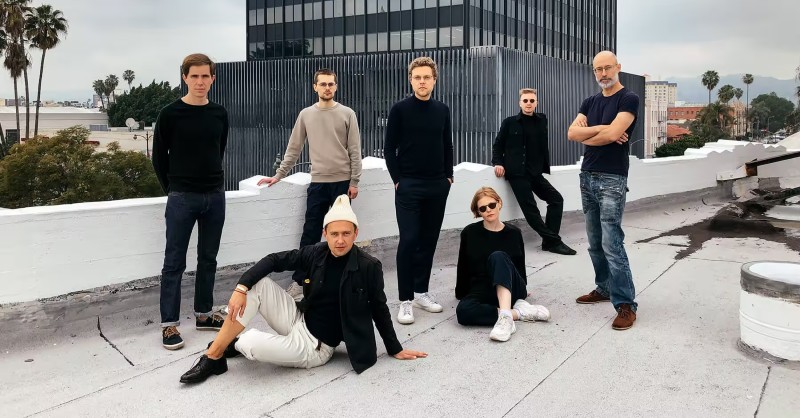
Founder/s: Oleg Stavitsky, Protey Temen, Philipp Petrenko, Dmitry Evgrafov, Kirill Bulatsev, Dmitry Bezugly
Founded year: 2018
Total funding: $21.1M
Berlin-based Endel raised $15 million in Series B funding in 2022. The company, launched in 2018, uses machine learning and generative AI to create what they call ‘functional soundscapes’, which can help listeners achieve different outcomes, from an energising morning listen to a soothing wind-down at the end of the day.
The company partnered with Sony last year to include the app in Sony headphones, making Endel a company you will, literally, hear more from.
Uizard
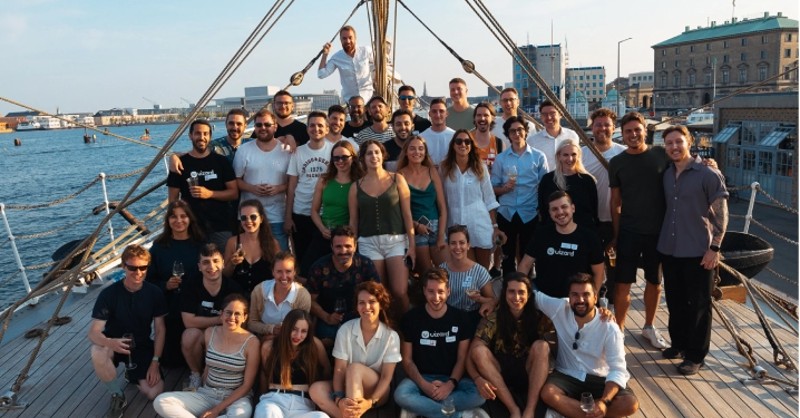
Founder/s: Tony Beltramelli, Florian van Schreven, Henrik Haugbolle, Ioannis Sintos
Founded year: 2017
Total funding: $18.6M
Danish app Uizard speeds up the app design process by combining your ideas with the current trends in design, then using its generative AI to increase the fidelity of the prototype.
The app allows users to take a snap of a rough sketch or wireframe. It then converts this into a polished screenshot. It can even take things further and create other app screens in the same style.
Kive
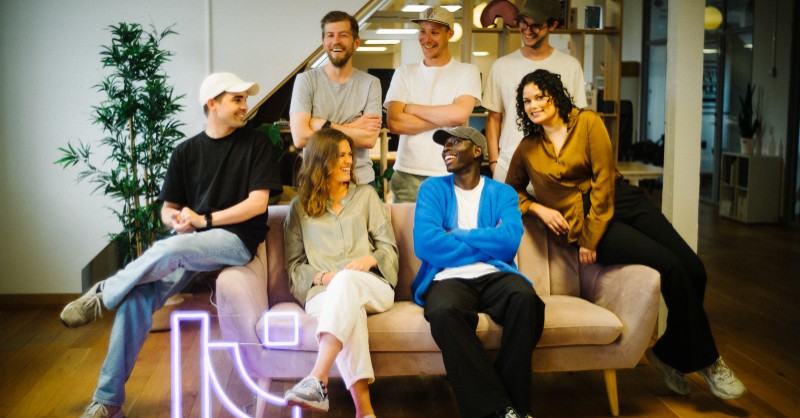
Founder/s: Olof Lindh
Founded year: 2018
Total funding: $8.7M
Kive secured $7 million in funding last year to build their app that helps creatives organise their visual libraries.
It means that rather than having to curate and manage their sources of inspiration, users can rely on Kive to manage their library. Cloud-based, it means the library can be accessed everywhere and collaboration is easy.
Brighter AI
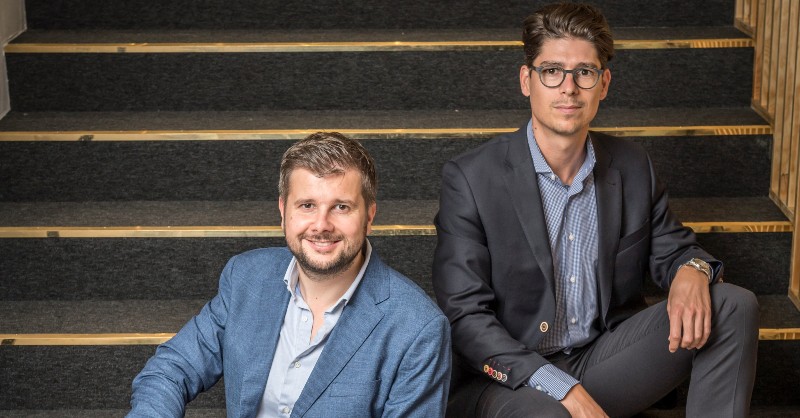
Founder/s: Marian Gläser, Patrick Kern
Founded year: 2017
Total funding: NA
Part of the growing Berlin startup scene, Brighter AI is an early-stage startup, that uses AI to protect privacy.
The service goes beyond the usual blur or pixellation to protect identities, instead changing faces, so they are not recognisable individuals, but still recognisably human. It means that video data can be safely used across borders or even in public without raising GDPR concerns.
Mindtech Global
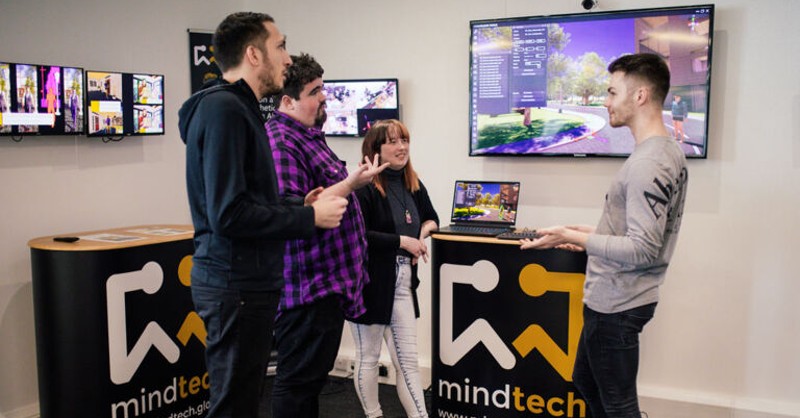
Founder/s: Peter McGuinness, Steve Harris
Founded year: 2017
Total funding: $5.7M
Based in Dacorum, in the UK, Mindtech Global is the AI that can power AI. Machine learning usually relies on huge datasets for training. However, this can have drawbacks, resulting in the AI learning imbalances and even prejudice from the data.
Mindtech Global creates synthetic visual training sets. And these can be better than real-world data, since it overcomes problems with data gathering and removes any concerns about privacy or ownership.
Mostly AI
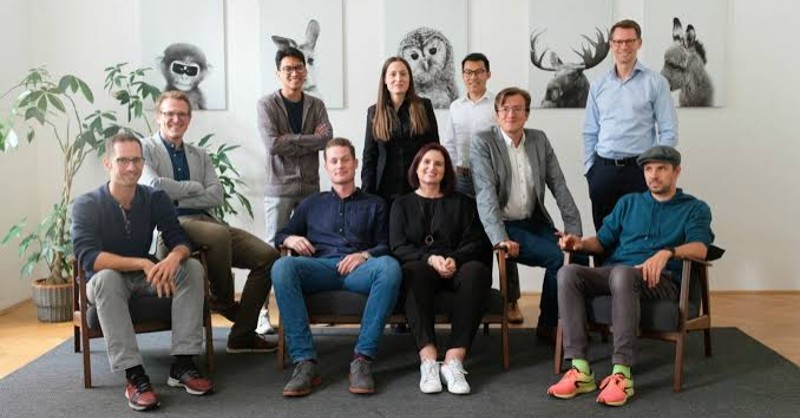
Founder/s: Michael Platzer, Klaudius Kalcher, Roland Boubela
Founded year: 2017
Total funding: $30.9M
Like Mindtech Global, Mostly AI helps address the difficulties inherent in using real-world data by providing synthetic datasets that accurately reflect real-life.
The Vienna-based startup secured $25 million in Series B funding in 2022, helping continue its steady growth since its 2017 launch. It boasts several big-name clients, like Telefonica and Citi, and may provide to be the power behind the AI we get to use.
Musico
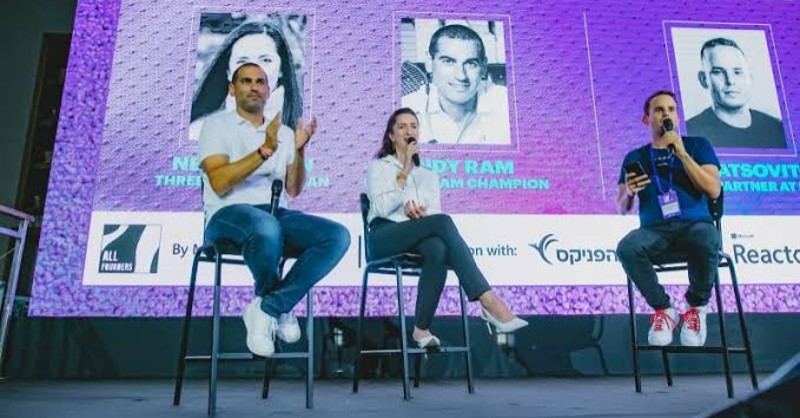
Founder/s: Barak Inbar, Yonatan Pistiner
Founded year: 2015
Total funding: NA
Eindhoven-based Musico allows anyone to make original music. The AI is capable of writing its own music. However, it can also take human inputs, reacting to gestures or providing accompaniment to the human voice.
Still in early stage, the apps are freely available in beta for anyone to try their hand at composing.
Voicemod
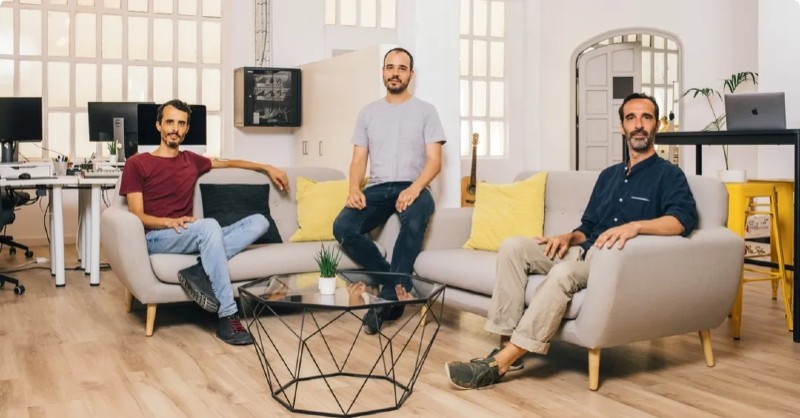
Founder/s: Fernando Bosch, Jaime Bosch, Juan Bosch
Founded year: 2015
Total funding: NA
As its name suggests, Voicemod is an online, real-time, voice modifier. Securing $8 million in Series A in 2020, last year they launched their AI voices.
Based on real actors’ voices, the AI voices don’t modify your speech, but actually generate a totally different voice, from a stereotypical narrator, to a science fiction AI.
Text.cortex
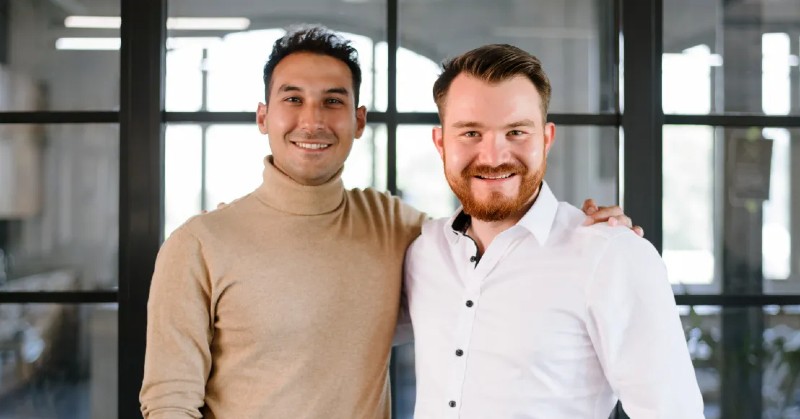
Founder/s: Ceyhun Derinbogaz, Dominik Lambersy
Founded year: 2021
Total funding: NA
Launched in 2021, the business secured €1.1 million in seed funding in 2022. The tool provides long-form text, like marketing copy, customer service emails, and blog entries.
Berlin’s text.cortex aims to be an AI writing assistant. The service can integrate with existing tools and, using prompts, write meaningful text.















